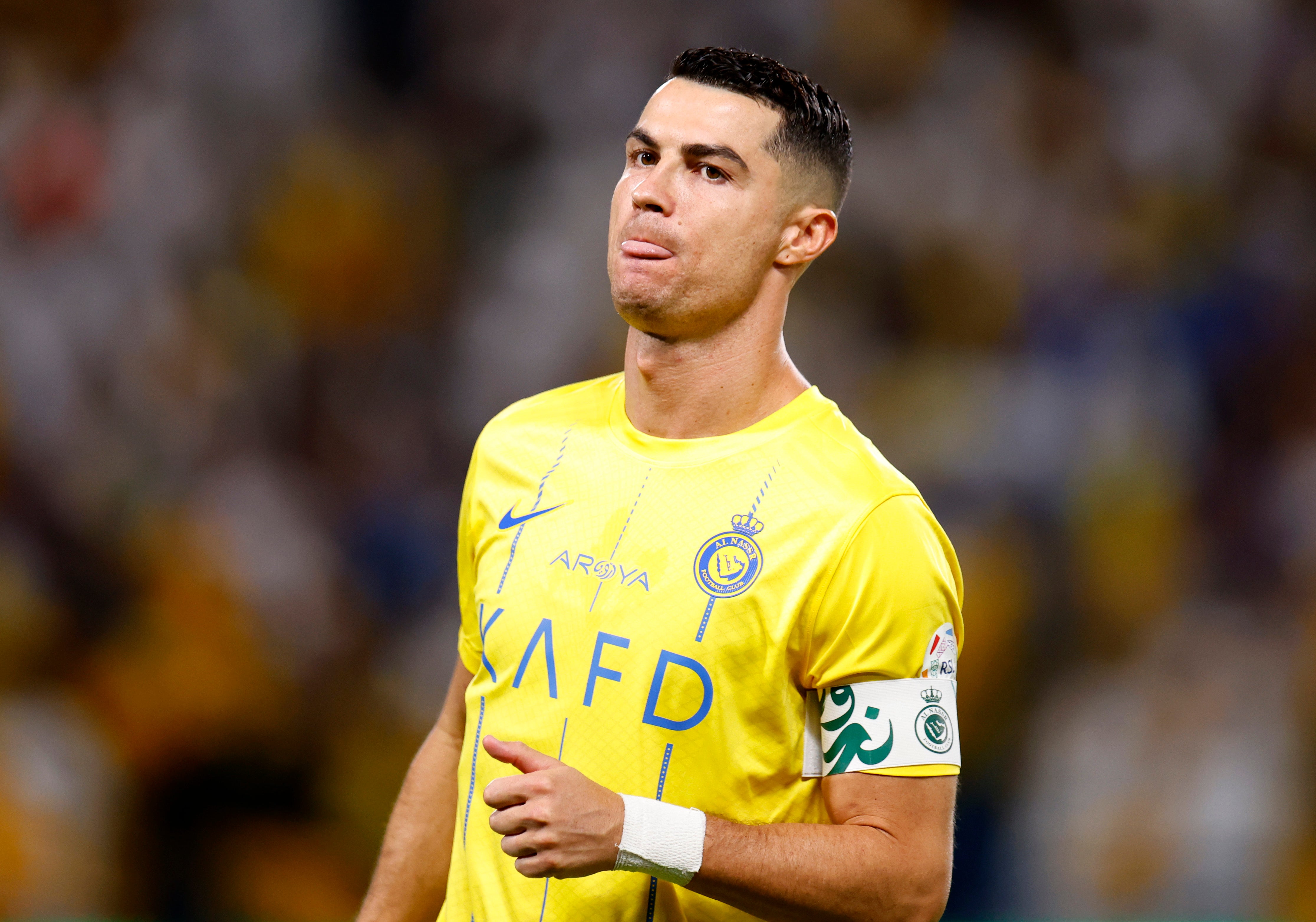Champions League faces future rival as Saudi Arabia looks to transform Club World Cup
Saudi Arabia’s Public Investment Fund are looking to target the first edition of the expanded 32-team Club World Cup and help improve its prestige

Your support helps us to tell the story
From reproductive rights to climate change to Big Tech, The Independent is on the ground when the story is developing. Whether it's investigating the financials of Elon Musk's pro-Trump PAC or producing our latest documentary, 'The A Word', which shines a light on the American women fighting for reproductive rights, we know how important it is to parse out the facts from the messaging.
At such a critical moment in US history, we need reporters on the ground. Your donation allows us to keep sending journalists to speak to both sides of the story.
The Independent is trusted by Americans across the entire political spectrum. And unlike many other quality news outlets, we choose not to lock Americans out of our reporting and analysis with paywalls. We believe quality journalism should be available to everyone, paid for by those who can afford it.
Your support makes all the difference.As Newcastle United prepare for their first Champions League home match in over 20 years, their owners have far bigger plans, that could well supersede Europe’s premier competition for decades.
The Public Investment Fund and wider Saudi Pro League are targeting Fifa’s first expanded 32-team Club World Cup, to take place in the USA in 2025, to make a major statement of their football power. Such ambitions would also have the added effect of amplifying the prestige of the revised tournament, especially if the Saudi Pro League’s teams at that point feature an even greater proportion of the world’s best players, so as to make it a rival to the Champions League
The next phase of a plan that is both a sporting project and a sportswashing project comes as Uefa have made it clear that Saudi Arabian clubs will not be allowed cross confederations to enter their competitions. Internal and informal discussions about the issue involved arguments over whether allowing such a transcontinental switch would facilitate some form of cost control given the disruptive nature of Saudi spending in the last window, but it was ultimately felt this would be an integration similar to LIV Golf. Uefa would also lose the unique leverage that comes with the Champions League.
The ambition from Saudi Pro League clubs and the Public Investment Fund - who own four clubs in the competition - is instead to aim for the Club World Cup and help improve its prestige, as that could ensure a glamorous alternative to the Champions League that eventually supersedes it.
While many might sniff at that, the argument is that attitudes will change if it features many of the best players in the world.
The circumstances have been further conditioned by tension between Uefa and Fifa over a range of issues, but the riches of the club game have proved a core subject. Fifa president Gianni Infantino has long wanted a competition to rival the Champions League, but one that he feels should benefit the wider football world too.
An issue is that any expanded Club World Cup would initially need the major European names to make it lucrative, which is why there had previously been talk of £80m offers to the biggest clubs to participate when the idea was first broached before the Covid crisis interrupted the game.
Fifa’s plans at that point had been to fund the Club World Cup with Softbank, whose largest investors for the Vision Fund are the Public Investment Fund, the 80 per cent owners of Newcastle United.
Such reports brought fury from many stakeholders, because of the argument that figures of that scale would wreak havoc on the competitive balance within domestic competitions.
If Boca Juniors and River Plate got huge money for one edition, as an example, it could ensure no one in Argentina is able to financially match them for a decade. Fifa would argue financial mechanisms still need to be resolved, and that this serves to spread the wealth of the game beyond western Europe.
That plan was ultimately shelved as the game came together amid Covid, but has since been revised for the 2025 competition. That Club World Cup in effect replaces the Confederations Cup as preparation for the 2026 World Cup in the USA, but with the aim of making it a valued tournament in its own right.
That is why the Saudi Pro League’s financial power could be so key to the project.
While some former players within Uefa do back the project for reasons of football purism, there is concern that it could be an “Indian Premier League or Kerry Packer-style” disruption with huge impact.
Whatever the outcome, Saudi ambition could give both the country’s clubs and Fifa the glamour for the Club World Cup that both want. It could have huge repercussions for the Champions League, without letting Saudi Pro League clubs in.



Join our commenting forum
Join thought-provoking conversations, follow other Independent readers and see their replies
Comments